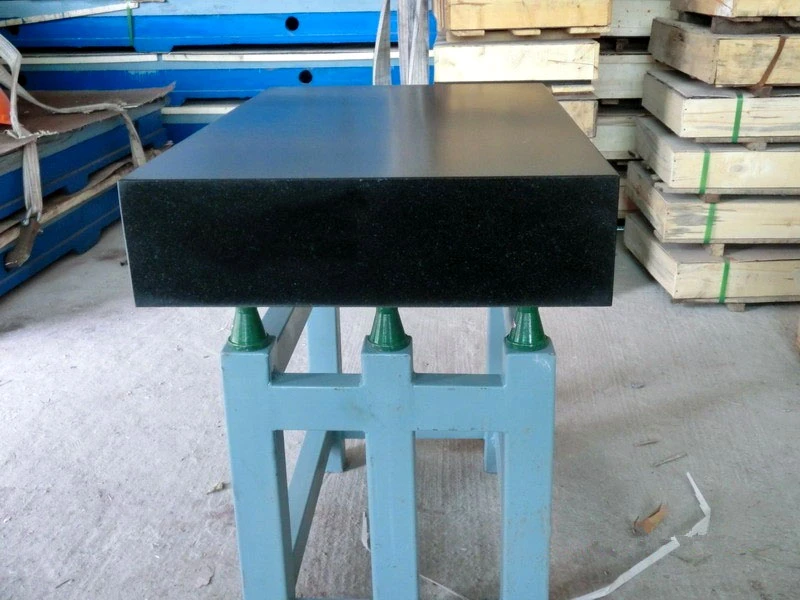9 月 . 30, 2024 06:57 Back to list
Understanding 2.5-Inch Gate Valve Applications and Specifications in Industrial Settings
Understanding Gate Valves A Comprehensive Overview
Gate valves are crucial components in various industrial applications, particularly in the management of fluid flow. One of the specific types gaining popularity is the 2.5-inch gate valve, due to its versatility and efficiency. This article delves into the characteristics, applications, and advantages of gate valves and highlights why the 2.5-inch variant is a preferred choice in many settings.
What is a Gate Valve?
A gate valve is a type of valve that opens or closes by lifting a rectangular or circular gate out of the path of the fluid. It is primarily designed for on/off control, meaning it is either fully open or fully closed. Unlike globe valves, which are used for throttling purposes, gate valves are not suitable for flow regulation because partially opening them can cause excessive wear on the gate and lead to vibrations and turbulence.
Design and Functionality
The design of a gate valve typically includes a body, bonnet, gate, and stem. The 2.5-inch gate valve, measuring 2.5 inches in diameter, is a standard size often used in various applications. When the valve is open, the gate is lifted entirely out of the flow path, allowing for minimal pressure drop across the valve. This characteristic makes gate valves a preferred option in applications where fluid flows can be substantial, and efficiency is paramount.
The gate valve's operation can be manual or automated. In many cases, a handwheel or lever is used for manual control, while electric, pneumatic, or hydraulic actuators serve automated systems. The choice between manual and automated operations depends on the specific requirements of the application, such as the location of the valve and the frequency of operation.
Applications of 2
.5-Inch Gate ValvesThe 2.5-inch gate valve is widely used in various sectors, including
1. Water Supply and Distribution In municipal water systems, these valves regulate the flow of water, ensuring that supply is managed effectively without significant loss of pressure.
2. Oil and Gas Industry Gate valves are essential in pipelines where they control the flow of crude oil, natural gas, and other liquid hydrocarbons. Their ability to maintain a tight seal under pressure is vital in preventing leaks.
3. Chemical Processing In chemical plants, gate valves are used to manage the flow of various fluids, ranging from corrosive chemicals to slurries. The materials used in the construction of these valves are selected based on the nature of the fluid being transported.
gate valve 2.5

4. Fire Protection Systems 2.5-inch gate valves are often employed in fire protection systems, particularly in sprinkler systems. Their quick operation helps ensure rapid response in emergencies.
5. HVAC Systems In heating, ventilation, and air conditioning applications, gate valves control the flow of water in chilled and hot water systems.
Advantages of Using Gate Valves
Several advantages make gate valves, particularly the 2.5-inch variant, a preferred choice in many industries
- Low Resistance to Flow The straight-through design of gate valves allows for high flow rates with minimal pressure drop, making them ideal for systems where maintaining flow is crucial.
- Durability Gate valves are built to withstand high pressure and temperature, contributing to their longevity. They are typically constructed from robust materials such as cast iron, stainless steel, or brass, depending on the application requirements.
- Sealing Capability When fully closed, gate valves provide a tight seal, preventing any backflow or leakage, which is essential in maintaining system integrity.
- Versatility The ability to handle a wide range of fluids, including corrosive substances, makes gate valves suitable for diverse industrial applications.
- Cost-Effectiveness While the initial investment for a gate valve might be higher than some other types, their durability and low maintenance requirements can lead to cost savings over their operational lifespan.
Conclusion
In conclusion, the 2.5-inch gate valve is a vital component in various industrial applications, providing efficient control of fluid flow. Its unique design, combined with the advantages of low resistance to flow, durability, and effective sealing capabilities, positions it as a preferred choice in sectors such as municipal water supply, oil and gas, chemical processing, and fire protection systems. Understanding the functionality and applications of gate valves can significantly enhance operational efficiency and safety in fluid management.
-
Y Type Strainers: A Comprehensive GuideNewsOct.18,2024
-
Understanding Water Valve Options for Your NeedsNewsOct.18,2024
-
Functions and TypesNewsOct.18,2024
-
An Essential Component for Fluid SystemsNewsOct.18,2024
-
Adjustment and ReplacementNewsOct.18,2024
-
Slow Closing Check Valves: A Key Component in Fluid SystemsNewsOct.08,2024
Related PRODUCTS









